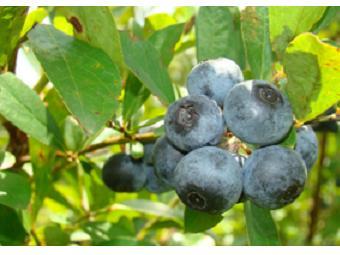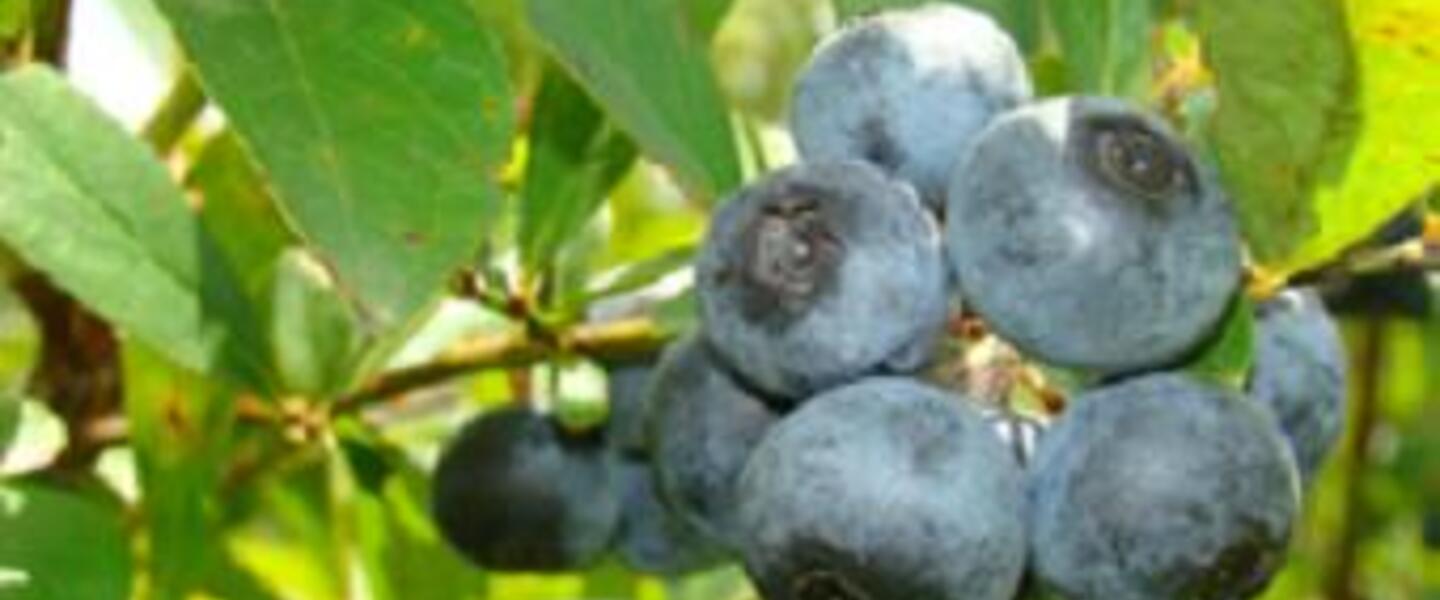
Section Branding
Header Content
Eating Georgia
Primary Content

As a child growing up in the very rural, southeastern corner of Georgia, before the dawn of the interweb, we had no choice but to shop local. We bought our meat from the actual butcher, not the supermarket. And, because we were quite poor, but very hard-working, we grew much of our produce. As a result, I’m a country-girl-turned-city-girl who knows how to can and freeze a variety of Georgia’s produce. Sincere thanks to my mom and grandma for that!
However, I do not grow my own foods, so I source them locally whenever possible. During this time of year, that means Farmers Markets. Georgia’s climate makes it ideal for an enormous variety of crops from our classic peanuts and peaches to newer crops like blueberries and olive oil, not to mention the vineyards in the northern region of the state which are making some truly great wines.
Buying local food is a great choice for many reasons. I take great comfort in eating groceries after meeting the actual farmers. Every Saturday I can do that at my local market. You can find your local farmer’s market online. When you meet a farmer, you have the opportunity to ask great questions:
•What fertilizers, if any, do you use?
•What pesticides, if any, do you use?
•Why do you use them?
•How long have you been farming?
•What is your favorite way to cook this item?
While consumers increasingly search out organic food options, it is important to understand what the options in conventional foods looks like. For example, some crops in Georgia are not viable as organic because the climate here makes the fruits highly susceptible to mold, fungus, and bugs. California offers some of these fragile foods in the organic variety because their climate is more conducive to it than ours. However, you are then buying produce shipped 3,000 miles and have to weigh the virtues of the organic option against the demerits of sending it all the way across the country.
Georgia does have a growing organic farming industry, which you can find out more about at Destiny Organics. Their website has information on sourcing organic meats, eggs, and coffee, as well as the produce you expect. It also includes a list of organic producers in Georgia.
To stay abreast of what is in season in Georgia, you can visit the harvest calendar available online through Georgia Organics. If you are interested in your own Victory Garden, this calendar also gives you an idea of when to plant (harvest time – gestation time printed on your seed packet = planting time).
You may also visit the Georgia Department of Agriculture’s website for a calendar of events around the state. They are as varied as building your own wood-burning oven to wine tasting.






